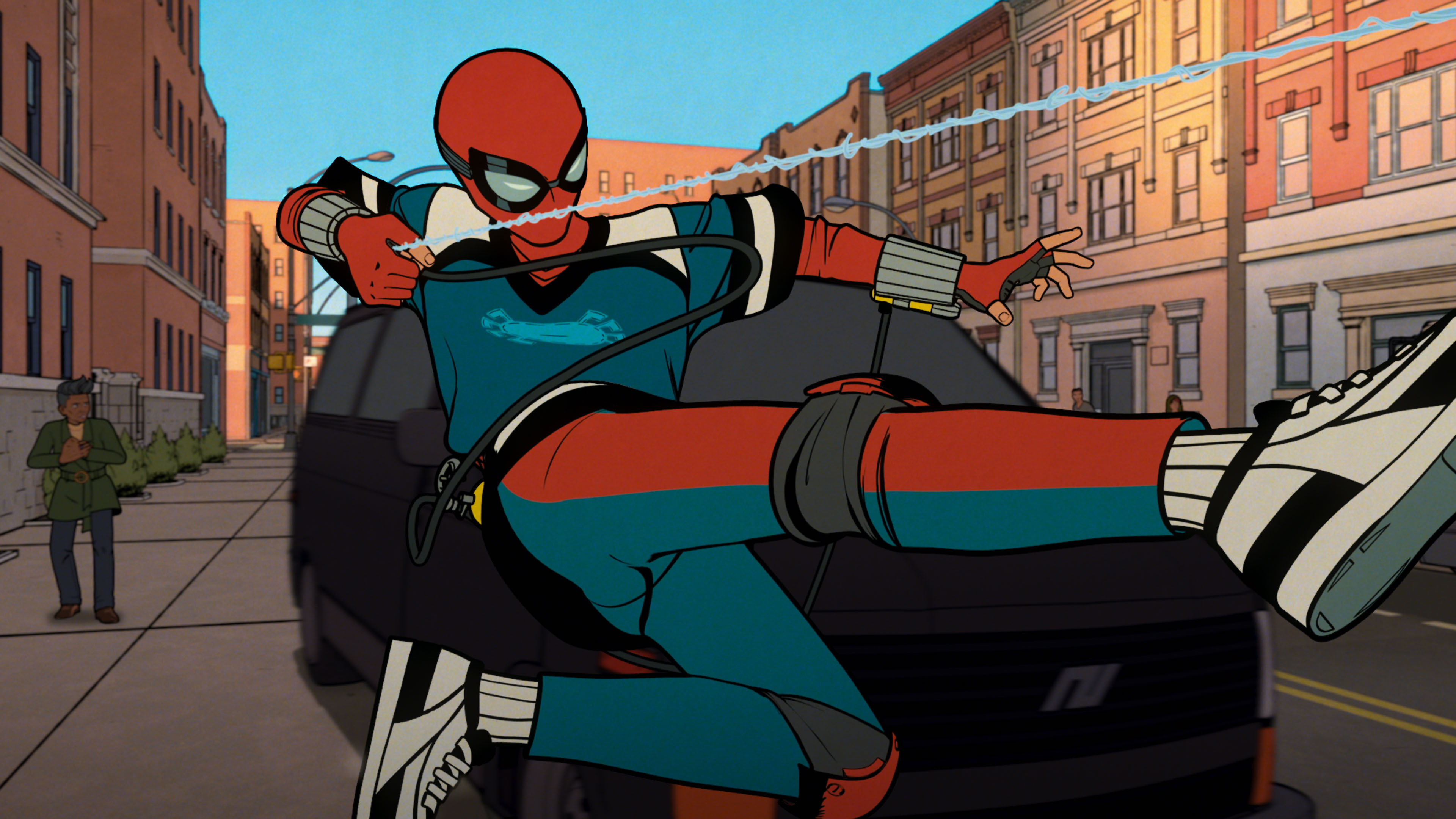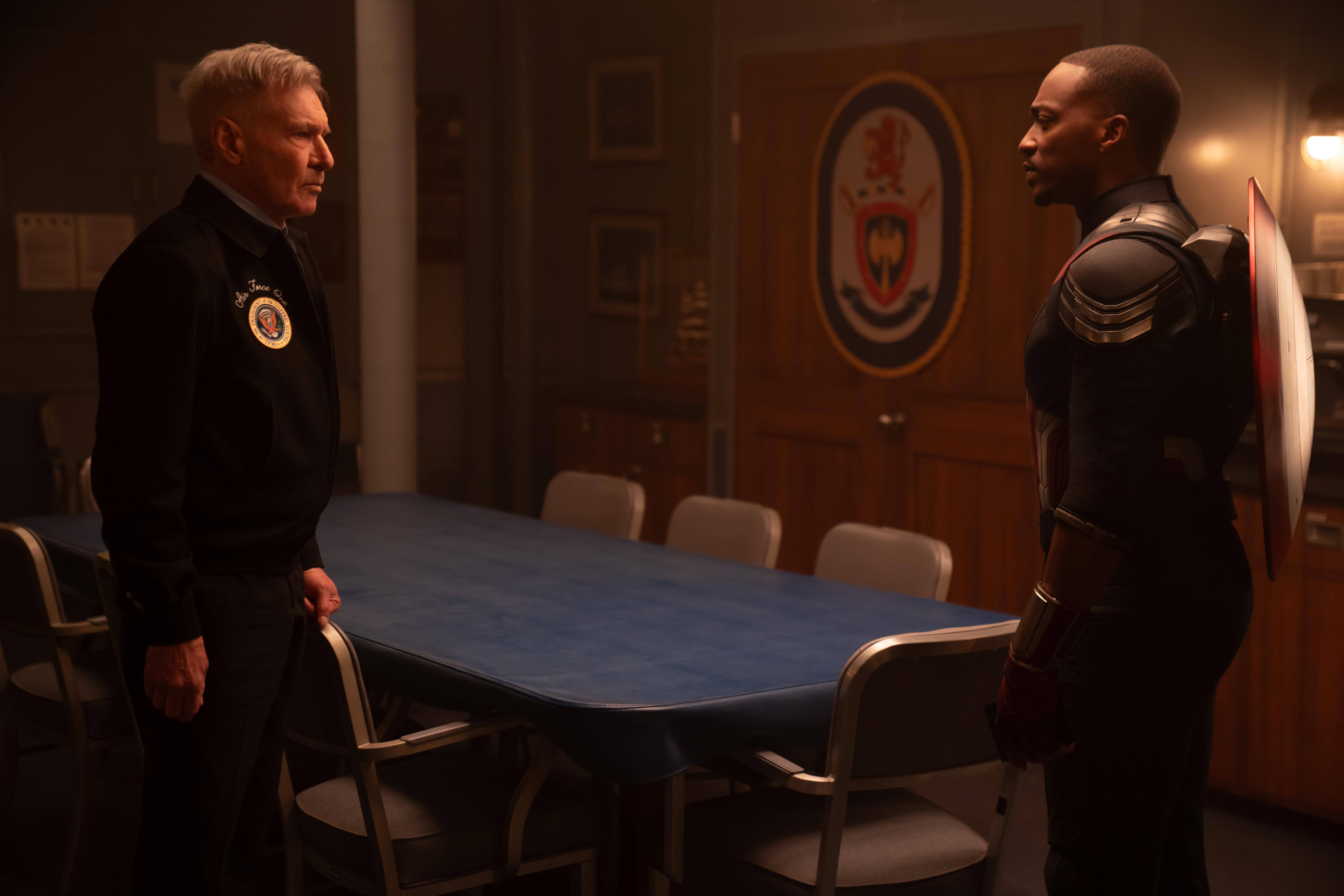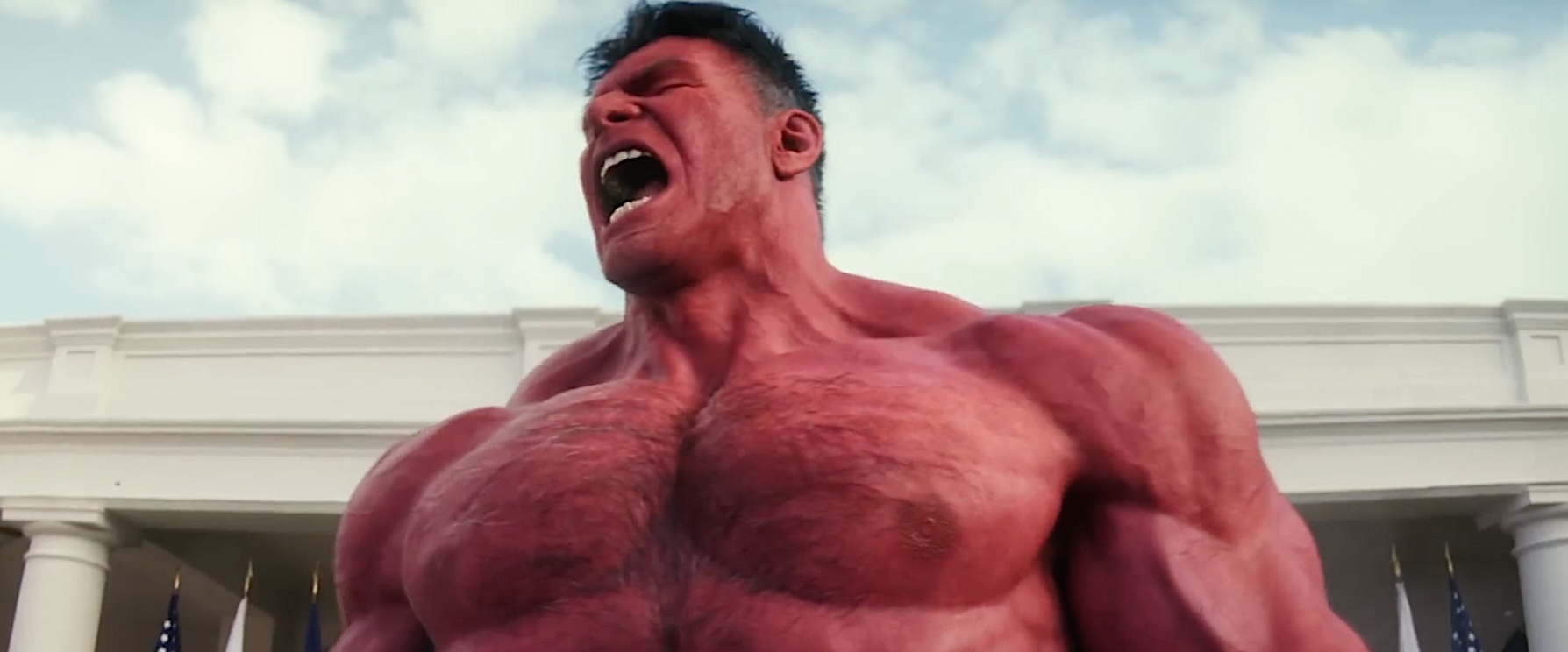One of the more frustrating things about the experience of marginalized people in modern U.S. culture is how rarely you can say what is actually on your mind. In spite of the constant calls to elevate marginalized voices, those calls often come with the unspoken requirement that those voices be polite, and that they don’t make anyone uncomfortable.
This is a wildly annoying contradiction, one that asks people of color or anyone who doesn’t conform to gender norms to take any number of small indignities in stride, educate the so-called majority, and do it in a way that makes the offenders feel good about themselves. This is how I think of Blue Beetle, a DC superhero movie made by people who clearly have a lot of thoughts about Latin American identity, but lack the leverage to address it with any edge. (Or maybe the willpower. It’s impossible for observers to know which.) They can’t find a way to broach that white discomfort, or to reflect something human.
DC Comics’ hero Blue Beetle was created in 1939 by Charles Nicholas Wojtkoski, then reimagined and given new identities several times over, until Keith Giffen, John Rogers, and Cully Hamner redefined him as a Mexican American kid in 2006. (They were a talented team working during a creatively fertile time in DC history, their whiteness notwithstanding.) His first blockbuster movie appearance tells the story of the character’s 2006 incarnation, Jaime Reyes (Xolo Maridueña), a recent college graduate who encounters, and bonds with, an alien artifact called the Scarab. The Scarab, which contains the essence of an entity known as Khaji Da, uses gross body horror to grant Jaime incredible powers, an indestructible carapace, and the ability to form polymorphic weaponry on demand. He’s like Iron Man by way of David Cronenberg — a fun, intentional nod from the horror-loving filmmakers.
:no_upscale()/cdn.vox-cdn.com/uploads/chorus_asset/file/24854366/rev_1_BBD_TRL_88737r_High_Res_JPEG.jpeg)
Blue Beetle is a charming romp of a film, but it’s desperately trying to punch above its weight class, peppering its story with constant nods to the Latin American experience, while also delivering the action and comic book Easter eggs expected of superhero cinema. It nods at characters’ anti-imperialist roots without naming the imperials they rebelled against — likely the United States. Via news clips, the movie shows the environmental destruction that Latin America suffers to fuel Silicon Valley innovation. But these weighty topics are only mentioned in passing. Blue Beetle mostly labors to be inoffensive, fun, and digestible. The story’s Latinidad is on constant display, but it’s rendered safe for white consumption.
I do not believe director Ángel Manuel Soto or writer Gareth Dunnet-Alcocer set out to make a film for a default-white audience. They bring a careful eye toward authenticity to Blue Beetle, sincerely attempting to ground Jaime Reyes’ story in a recognizably Mexican American setting with pan-Latino flavor. Jaime’s family is loud, nosy, and affectionately contentious in ways that echo mine and my friends’. The soundtrack is full of contemporary urbano and classics like Selena’s “Bidi Bidi Bom Bom.” And never in a million years would I have expected a DC superhero movie to directly reference Roberto Gómez Bolaños’ campy superhero satire El Chapulín Colorado. Blue Beetle is full of an aesthetic love and care that is easy to resonate with, up to a certain point.
But Blue Beetle’s actual story is mired in cliches that make all of this wonderful texture lack weight. The simple, predictable hero-origin narrative clashes with the cultural specificity on display — which is then challenged with cartoonishly broad ignorance that, while commonplace in real life, doesn’t feel substantive in the film. It’s just there to show how good Jaime and his family are, how much they tolerate and take in stride, just like many Latin Americans.
:no_upscale()/cdn.vox-cdn.com/uploads/chorus_asset/file/24854365/rev_1_BBD_TRL_89896r_High_Res_JPEG.jpeg)
In Blue Beetle, white characters regularly mispronounce the names of Latin characters and use Spanish in insulting ways. The Reyes family, by contrast, is characterized by resilience, presented as if it were a general moral virtue, not a survival tactic developed after generations of imperialist pillage. And the Reyeses are all wholly, ineffably good, “model immigrants.” It’s impossible to imagine not rooting for them.
Perhaps this broad idealization would land better if Jaime Reyes brought some contrast to it, if he were more of a character. In spite of the buckets of charm Maridueña brings to the role, Jaime is not terribly well defined beyond being a Good Person, and also Mexican American. The film begins with him arriving home after being the first in his family to graduate college, but his degree gets mentioned many times before anyone brings up what he majored in. Turns out he’s a pre-law student, but Jaime never comes across as someone who’s interested in the criminal justice system — or anything, really, except hooking up with love interest Jenny Kord (Bruna Marquezine), the villain’s niece.
None of the music on the soundtrack is Jaime’s favorite. His hobbies are nonexistent. His moral vision or heroic mission statement are never articulated, apart from a broad compunction against murder. What he does believe isn’t really about him: His family makes him strong, a lesson he does not need to learn, because he believes it from the start.
Instead, Jaime’s faith in family is placed in opposition to antagonist Carapax (Raoul Max Trujillo), a cyborg super-soldier in the employ of the villainous Victoria Kord (Susan Sarandon). Victoria wants Jaime’s scarab to power her new line of military exoskeletons, the One Man Army Corps, or OMAC (a delightful little nod to DC Comics lore). As her first and only successful experiment thus far, Carapax is the villain Jaime interacts with most, and a foil for his belief in family. Carapax, by contrast, believes in no one.
:no_upscale()/cdn.vox-cdn.com/uploads/chorus_asset/file/24857525/blue_beetle_family.jpeg)
And when the film pauses to show why — because his life was defined by civil war and violence fueled by U.S. interventionism and industry — Blue Beetle offers a striking glimpse at the specificity its hero lacks. Carapax’s story is a tragedy in miniature about how capitalism’s imperial hunger has historically stripped Latin American people of their livelihood and humanity, forcing them to become something else to survive — including turning into weapons for their oppressors.
Carapax’s flashback makes the rest of the film feel hollow, because it’s a moment about a specific Latin American experience that shows how shallow the film’s by-the-numbers superhero plot is by comparison. The depth of meaning that Carapax’s story adds to the film isn’t enough to elevate it, but it is a good illustration of what may be Blue Beetle’s primary problem. The filmmakers are trying to achieve too many disparate things with this movie, so many that they forget to tell a story about a person.
This, too, is relatable. As a Latino in a predominantly white space, I experience moments where my Latinidad is reduced to its utility in the grander project of popular culture, a supplement to aid the growth or sate the curiosity of an audience that’s usually imagined to be white. In this, I am less a person than a tool. My individuality just complicates the narrative. If that’s true for me, it’s exponentially true for a $120 million movie that must do everything it can to turn a profit.
:no_upscale()/cdn.vox-cdn.com/uploads/chorus_asset/file/24609866/rev_1_BBD_TRL_88460_High_Res_JPEG.jpeg)
Blue Beetle is the latest blockbuster to trot out a tired old saw that turns corporate representation into a contract with the people being represented. As much as mainstream popular culture genuinely needs to widen its scope and include the marginalized, the latest round of blockbuster inclusion has inverted that representation and turned it into the audience’s responsibility, demanding that they do their cultural duty and show up for the product made for them.
That’s the problem, isn’t it? Jaime Reyes, the Blue Beetle, is out there in the Edge Keys, a fictional Mexican DC Comics neighborhood, living his little Mexican life, defined by his Mexican-ness as DC’s first Mexican movie superhero, surrounded by Latino characters doing Latino things, in a film marketed overwhelmingly to Latino audiences with the expectation that Latino writers like me will appreciate the gesture, and dutifully praise a massive corporation for deigning to make a movie with a cast that knows how to pronounce my last name.
Frankly, this is bullshit. My Latinidad is not for public consumption, and neither is anyone else’s. It’s meant to be shared with those who earn it, who don’t need to be convinced of Latin resilience or humanity. Blue Beetle is a work of blockbuster superhero cinema, and I do not need it to say something insightful or new about the Latin American experience — we have Latine poets, writers, artists, and independent filmmakers for challenging Latin art.
Instead, it should succeed or fail as a superhero movie, one that is no more or less important than a Batman film, but with Latino texture — the way, for example, Spider-Man movies rely on Queens to give Peter Parker setting and flavor, or Brooklyn to help shape Miles Morales’ identity. I admire Blue Beetle’s craft in portraying the rhythms of a day-to-day life I recognize, but I resent it for trapping that life in a snow globe, where it’s safe and removed from the lives of white folks who think of themselves as allies. In this movie, that life isn’t much more than a nice Latin corner of the DC Universe, a place to visit for good tacos while everyone waits to see what the next Superman movie looks like.
Blue Beetle is now playing in theaters.








